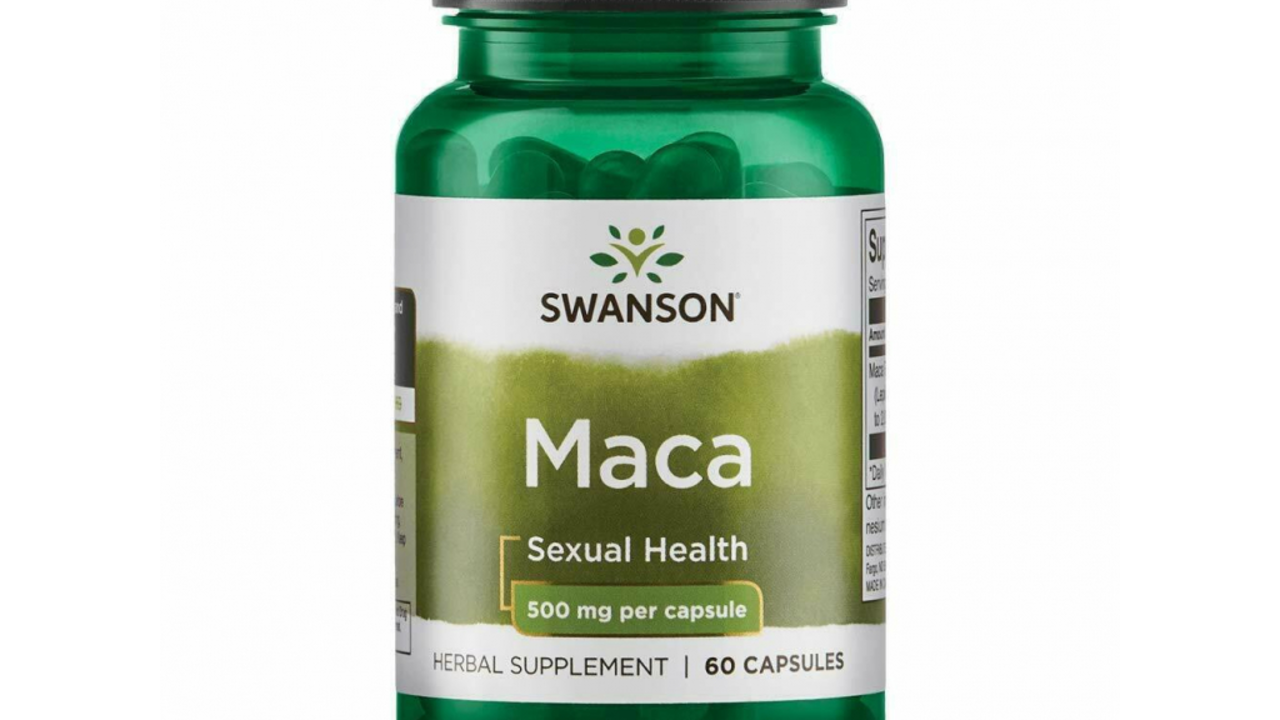Boswellia: What It Is and Why It Matters
If you’ve ever searched for natural ways to calm aches, you probably saw the name boswellia pop up. Boswellia is a sticky resin that comes from trees in the genus Boswellia, mainly grown in India, Africa and the Middle East. People have chewed it, burned it as incense, and mixed it into medicines for centuries. Today you’ll find it in capsules, powders and creams marketed for joint pain, inflammation and even gut health.
How Boswellia Works
The magic behind boswellia lies in compounds called boswellic acids. These acids block an enzyme named 5‑lipoxygenase (5‑LOX), which plays a big role in producing inflammatory chemicals called leukotrienes. By dialing down this pathway, boswellia can lower swelling and pain without the strong side effects of many prescription anti‑inflammatories.
Besides 5‑LOX inhibition, boswellic acids also calm other inflammation signals like tumor necrosis factor (TNF) and interleukin‑1. The combined effect is a smoother immune response that helps protect cartilage in joints and eases discomfort in the digestive tract. That’s why you’ll hear athletes, arthritis patients and people with IBS talk about boswellia as a useful addition to their routine.
How to Use Boswellia Safely
When it comes to dosing, most studies use 300‑500 mg of a standardized extract three times daily. Look for products that say they contain at least 30% boswellic acids – that’s the strength you need for real results. Capsules are the easiest way to hit the right amount; powders can be mixed into smoothies if you prefer.
Side effects are usually mild, but a few people report stomach upset or nausea, especially on an empty stomach. Taking boswellia with food often solves that problem. Rarely, some folks develop skin rashes or allergic reactions, so stop use and see a doctor if that happens.
Because boswellic acids can thin the blood a bit, be careful if you’re already on anticoagulants like warfarin or aspirin. Boswellia may also affect how diabetes medications work, so check with your healthcare provider before adding it if you have high blood sugar.
When you shop for boswellia, pick reputable brands that test their products for purity and contaminants. Look for third‑party certifications or clear lab results on the label. A good quality supplement will list the exact percentage of boswellic acids and have a manufacturing date.
Finally, remember that supplements support health but don’t replace medical advice. Talk to your doctor about any chronic conditions, especially if you’re pregnant, nursing, or taking other meds. With the right product and dosage, boswellia can be a simple, natural tool to help keep joints moving and inflammation in check.

Boswellia: The Life-Changing Dietary Supplement You Need to Know About
Caspian Mortensen Jun, 18 2023 19I recently discovered Boswellia, a life-changing dietary supplement that everyone should know about. Extracted from the resin of the Boswellia tree, this natural remedy is known for its powerful anti-inflammatory properties. It can be a game changer for those suffering from arthritis, asthma, and even inflammatory bowel diseases. Not only does it help reduce pain, but it also supports overall joint and body health. I highly recommend looking into Boswellia as an addition to your wellness routine; it's made a significant impact on my life and it could do the same for you.
More Detail